The newest registered user is гераскинс
Our users have posted a total of 48009 messages in 7050 subjects

WORLD CLOCK
NAT GEO * This psychoactive plant could save lives *
Valley of the Sun Casual Club :: WORDS , FACTS , DATES , GAMES & TRIVIA & HISTORY :: NATIONAL GEOGRAPHIC
 NAT GEO * This psychoactive plant could save lives *
NAT GEO * This psychoactive plant could save lives *
Iboga plants smuggled out of Gabon provide most of the world’s ibogaine, a drug that can help heal trauma and addiction. As the plant enters fair trade, officials hope regulation ensures equity and sustainability.

People in Gabon have used the psychoactive plant iboga for thousands of years—to evoke for ancestors and spirits, see themselves in past lives, and tap into their subconscious for personal growth and revelation.
PHOTOGRAPH BY JULIEN COQUENTIN, HANS LUCAS/REDUX
BYRACHEL NUWER
PUBLISHED MARCH 8, 2023
• 25 MIN READ
Lire en français.
Aloïse Amougha clearly recalls the night 30 years ago when a spirit visited him and changed his life. “You have to plant iboga,” it instructed. “And with that iboga, you have to heal the world.”
This vision came to Amougha while he was gripped in the mystical throes of a Bwiti initiation ceremony, a traditional ritual practiced by many of Gabon's roughly 50 ethnic communities. Bwiti initiates eat or drink Tabernanthe iboga—a shrub-like tree whose roots contain a powerful psychoactive compound called ibogaine. Named after the Tsogho word “to heal,” iboga grows in several Central African countries. But its strongest cultural ties are in Gabon, where an estimated 5 percent of the country’s 2.3 million citizens practice Bwiti, and more still use iboga in an informal context.

[size=14]Iboga is often consumed during Bwiti ceremonies, a tradition practiced by many ethnic communities in Gabon. The ceremonies often run through the night and involve complex rituals, elaborate costumes, and music. An estimated 5 percent of Gabon’s 2.3 millio...
[/size]
PHOTOGRAPH BY JORGE FERNÁNDEZ, GETTY IMAGES[/size]
Iboga creates a waking dream-like state in which people may encounter their ancestors or see themselves in past lives. They may be shown core truths about who they are or, as in Amougha’s case, be visited by spirits. Amougha says his spirit neither specified how many iboga seeds he was to plant nor explained why he was to do this. Amougha trusted that the answer eventually would be revealed. So he and his wife, Jacqueline, started planting iboga—and never stopped. Three decades later, a veritable jungle of more than 4,000 trees surrounds their modest home in northeastern Gabon.
In February, Lee White, Gabon’s environment minister, issued an authorization that marked the couple’s iboga as the first to be exported legally from Gabon, as well as the first psychoactive material to be traded under the Nagoya Protocol, a supplementary agreement to the Convention on Biological Diversity that came into force in 2014. The protocol aims to prevent cultural and natural exploitation by establishing benefits-sharing for the people and places from which genetic resources originate.
Tomorrow, a little over two pounds of the couple’s iboga will be sent to Terragnosis, a Canadian company established to source and distribute iboga traded in accordance with the protocol. In Canada, it will undergo chemical analysis and be processed into pure alkaloids that will be delivered to Ambio Life Sciences, a group of clinical facilities in Mexico serving as a pilot for the new legal trade program. There, therapists will use the iboga extract to treat a primarily American clientele for substance use disorders and trauma.
If all goes well, this will be the first of many harvests that make up a new fair trade iboga industry built on principles of equity, reciprocity, and sustainability. “At the same time addicts are healing themselves in the West, they will be supporting communities in Gabon,” says Yann Guignon, the French and Gabonese founder and co-director of Blessings of the Forest, a nonprofit that’s leading the fair trade iboga effort.
"I and my wife, Jacqueline, hope this tree will bring the best to the world,” Amougha adds of the pilot shipment.

Left: Iboga grows naturally across Gabon, including in the northeast where the Ivindo River runs through the town of Makokou. Nearby rural communities have formed village associations that are establishing sustainable iboga plantations with the support of Blessings of the F...
[/size]
Right: Ibogaine is the primary psychoactive component of the iboga plant. The greatest concentrations are found in iboga roots and vary with soil chemistry, climate, and competition from other plants. Iboga fruit, ranging in color from tangerine to sunshine yellow, m...
[/size]
PHOTOGRAPHS BY RACHEL NUWER
Ibogaine is sought increasingly outside Gabon for treating post-traumatic stress disorder, especially among combat veterans. Meanwhile, scientists are still trying to understand how ibogaine helps people with substance use disorders break their addictions and skip the painful withdrawal process. If ibogaine does prevent relapses, it “may prove to be truly transformative for addiction medicine,” says Deborah Mash, an emeritus professor at the University of Miami and CEO of DemeRx, a company working toward FDA approval of ibogaine.
But behind the mounting stories of lives changed and saved lurks an uncomfortable truth: Most iboga and ibogaine used by clinics around the world originates from plants poached from Gabon’s forests and smuggled out of Cameroon.
[size=11]About this map
[/size]
“We know that iboga leaves Gabon to be sold on the internet,” says Natacha Nssi Bengone, a deputy director general at Gabon’s Ministry of Waters and Forests, the Sea, and the Environment. “This is done without agreement from Gabon.”
According to Max Ondo, head of the social department at Conservation Justice, a non-profit group focused on ending illegal wildlife trade in Gabon, Cameroonians are the main iboga traffickers. They buy an iboga tree for “something like $16,” Ondo says, and back in Cameroon, they sell the roots “for more online to Europeans or Americans.”
While ibogaine “does save lives,” says Kirran Ahmad, a psychedelic research clinician at Imperial College London who’s in charge of ensuring mutual benefit between Gabon and the West at Blessings of the Forest, what’s usually missing from the Western experience of the drug is the “narrative of what’s happening in Gabon. Gabon is where slaves were extracted from, and to me, this is another extractive process that’s going on with iboga.”
The new fair trade iboga program is meant to address this problem by offering a legal, sustainable alternative. The effort is not without critics, however, and it’s yet to be seen whether practitioners and clinics abroad will support the program by choosing fair trade iboga rather than continuing to buy cheaper, most likely poached product online. What hangs in the balance, according to Denis Massande, president of the Association for the Development of the Culture of the Pygmy Peoples of Gabon, are the rights of Gabon’s Indigenous communities and the future of a key piece of cultural and ecological heritage.
“We’ve never refused to share iboga with other people,” Massande says. “But now that this commerce of iboga is known across the world, if there is no regulation put in place, iboga will disappear.”
[/size]
Nature’s pharmacopeia
[size]Archaeological evidence from traces of charcoal discovered in a cave in Gabon indicates that Indigenous people there have been using iboga for at least 2,000 years. Legend has it that somewhere along the way, Babongo Pygmies stumbled upon iboga’s psychoactive effects after observing animals consuming the plant. Pygmies shared what they learned with Bantu people, who make up the majority of Gabon’s population today.
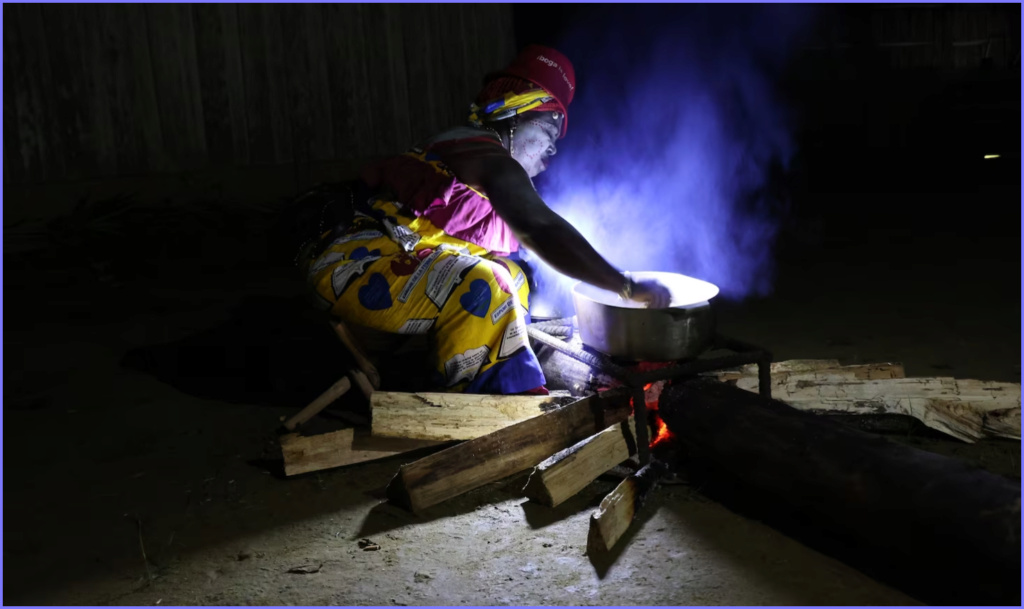
In Ebyeng village near Makokou, Delphine Minko nee Akoumanlo, a Bwiti master of ceremonies, prepares the first legal, fair trade harvest of iboga for shipment abroad. She and her colleagues worked through the night stripping 2.2 pounds of iboga roots of their outer layer...
[/size]
PHOTOGRAPH BY RACHEL NUWER[/size]
In the West, French and Swiss pharmacologists isolated ibogaine from iboga roots in 1901, and soon, pharmacies in France were marketing ibogaine tablets for treating a range of maladies and for assisting with “greater than normal physical or mental efforts by healthy individuals.” In the 1960s, a handful of psychiatrists in Chile and the U.S. began using ibogaine as a therapeutic agent, and the drug’s ability to quash addiction came to light a year later when Howard Lotsof, a New York City native, found that it relieved him of his desire to use heroin, without any symptoms of withdrawal.
The U.S. banned all use and virtually all study of ibogaine in 1970 under the newly created Controlled Substances Act, and a number of other countries have bans, especially in Europe. In South Africa, New Zealand, and Brazil’s São Paulo state, ibogaine is a prescription medication; in most other places, it falls into a legal grey zone—not explicitly approved for medical use but not expressly forbidden, either.
The patchwork of global legislation has led to an explosion of ibogaine-related medical tourism, with 80 to 100 iboga providers—primarily in Mexico, Brazil, Costa Rica, Colombia, and South Africa—serving mostly North Americans and Europeans who often pay $5,000 to $15,000 for a single therapeutic session. Demand is growing, and new clinics are “constantly popping up,” says Juliana Mulligan, founder of New York City-based Inner Vision Ibogaine, which provides consultation services for people undergoing ibogaine treatment and for ibogaine clinics.
Iboga is legal to purchase for personal use in Gabon, but the in-country price has increased by about 800 percent during the past decade because of soaring demand in the West. David Mbilou, with the Gabonese nonprofit Ebando, dedicated to preserving traditional k...
[/size]
PHOTOGRAPH BY RACHEL NUWER[/size]
Estimates of the number of people outside Gabon who have tried ibogaine since the 1960s vary from 10,000 to 40,000, according to Tobias Erny, executive director of the Global Iboga Therapy Alliance, a nonprofit dedicated to supporting sacramental and therapeutic uses of iboga. “In 2006, it was roundabout 3,000 people who have done ibogaine outside of Africa, but we estimate that this figure has skyrocketed massively since then.”
Data collected from some Western users point to iboga’s therapeutic potential. From 1996 to 2005, Mash ran an ibogaine clinic on the island of St. Kitts where she supervised treatment of 277 patients, most of whom detoxed successfully from opioids or cocaine after just one dose. “I saw this really transform people by taking someone in an intractable cycle of drug dependency and breaking them free,” Mash says.
A 2020 study of 51 U.S. Special Operations Forces veterans who received therapy in Mexico with ibogaine and 5-MeO-DMT, another psychedelic substance, revealed “very large reductions” in the participants’ PTSD symptoms, among other things. Most veterans also described the experience as one of the most spiritually significant events of their lives. “Ibogaine dives into some deep stuff and helps you to make sense of it in a way that traditional rehab doesn’t even come close to doing,” says Mulligan, who used ibogaine to end a seven-year opioid dependency after mainstream treatments failed to bring relief.
Ibogaine can be made in a lab but has yet to be developed that way at scale, and it can be derived from certain other plant species, especially Voacanga africana, a tropical African tree. Iboga also grows outside Gabon. Ralf Vogtel, a German citizen, launched an intensive iboga plantation in Ghana in 2016 after learning that demand was increasing and natural supply dwindling. He now has 40,000 trees on 170 acres and ships all over the world. “It’s a tradable commodity, the same as cocoa or bananas,” he says. “The demand is going up worldwide.”
But iboga from Gabon, in particular, is seen as imbued with the goodwill of eons of traditional use and as containing an ecologically ordained chemical complexity that can’t be replicated elsewhere in the wild or in the lab.
[/size]
'My iboga comes from Gabon'
[size]In Gabon, iboga is legal to harvest outside protected areas for traditional use. But except for the pilot shipment going out this week, anyone who has imported it from Gabon has broken the law and likely supported poaching, Guignon says. “When you ask clinics where they get their medicine, they don’t answer.”
Gabon has yet to carry out a country-wide survey of iboga, so it’s impossible to know whether poaching is causing a decline, and authorities don’t track seizures of contraband. But the local price has risen by 800 percent over the past decade, and some people say it’s becoming scarcer or even has disappeared from certain areas.
Solange Ngouessono, deputy director of operations at Gabon’s National Parks Agency, knows of 20 iboga-related arrests from 2011 to 2012 when he was working at Mayumba National Park. He and his colleagues seized 88 bags of iboga roots weighing about 20 pounds each, plus two large bottles of powdered roots. “The culprits intended to sell their products in Libreville and beyond,” Ngouessono says.

A Gabonese man dances in a Bwiti ceremony in Libreville. In creating a fair trade iboga program, Gabon hopes to preserve its natural and cultural heritage. Skyrocketing demand puts traditions at risk as poachers plunder national parks and buy up iboga stocks from villagers...
[/size]
PHOTOGRAPH BY STEEVE JORDAN, AFP/GETTY IMAGES[/size]
In December 2018, rangers in Mayumba National Park seized some 90 bags of iboga totaling an estimated 2,000 pounds. A few months later, Nssi Bengone says, photos of “huge quantities” of iboga were found on the mobile phone of a Cameroonian citizen apprehended in Gabon for ivory trafficking. “That ivory poacher was probably also interested in iboga,” she says.
In February 2019, Gabonese authorities passed legislation forbidding iboga’s export without a government permit. “Until now, we’ve never given such authorization,” Nssi Bengone says. “But we can see for sale on the internet iboga advertised as ‘This is from Gabon.’”
Indeed, within days of joining an ibogaine-themed Facebook group, a user messaged me offering “top quality iboga products” for $800 per half-pound. I could use the iboga, the user said, to treat “all type[s] of addiction, healing, depression, stress and psychological issues,” as well as for “spiritual sacrament.”
“My iboga comes from Gabon,” the user added, trying to clinch the sale.
Because iboga has “universal value,” the threat poaching poses to the species is “not only a Gabonese problem,” says Henri-Paul Moubeyi Bouale, president of the National Association of Bwiti Missoko. “It concerns the whole world to protect this plant.”
[/size]
‘I’m fighting racism’ and ‘biopiracy’
[size]Yann Guignon, of Blessings of the Forest, is a brusque former businessman and at first seems an unexpected leader in the push for fair trade iboga. But he’s always had an affinity for African cultures and an antipathy to racism. The son of a white French father and multiracial South African mother, he grew up in a diverse neighborhood in Angers, where most of his friends were Black and he often got into fights with white kids who made racist comments.
In the early 2000s, Guignon got a job in Paris with an information and communications technology company as the sales director for sub-Saharan Africa. Cocaine and alcohol were common in his workplace, and he began using both substances, sometimes to excess.
In 2004, a Gabonese project manager at an IT engineering service company noticed Guignon’s cocaine habit and offered to facilitate an iboga session for him. Guignon had never heard of iboga but agreed. “It was like I was reading the story of my life in a very different way, and it really explained to me why I was the way I was,” he recalls of that difficult but profound first experience.

In Gabon, iboga roots (left) are processed into a dried powder (vial at right) for consumption. The roots contain...
[/size]
PHOTOGRAPH BY NIGEL DODDS, ALAMY[/size]
Guignon never took cocaine again, and within a few years, he’d quit his job and moved to Gabon. He was initiated into Bwiti, got his Gabonese citizenship, and became a mentee to Jean Noël Gassita, a pharmacologist and leading iboga expert who died in March 2022. Gassita explained that the West had poached Gabon’s iboga for two centuries and that it was now becoming more difficult for Gabonese to find and afford the sacred plant. Guignon agreed to help find a solution. “For me, it’s exactly the same as when I was a teenager—I’m fighting racism,” he says.
In 2011, Gassita introduced Guignon to Sylvia Bongo Ondimba, Gabon’s First Lady, who suggested that Guignon research iboga within the context of the Nagoya Protocol. Guignon put together an exhaustive report outlining all available information about iboga, including the threats poaching posed to the plant. He his colleagues at Blessings of the Forest spent the next decade developing a legal and social framework that could meet the growing demand for iboga abroad while simultaneously benefiting rural Gabonese and protecting the environment.
[/size]
Nagoya is for everybody
[size]Now, in theory, anyone in Gabon can export iboga under Gabon’s legislation, modeled on the Nagoya Protocol, as long as certain benefits-sharing and environmental requirements are met.
Blessings of the Forest is helping facilitate this for rural residents by encouraging them to form associations and providing the financial and technical support to establish iboga plantations. Blessings also connects village associations with international buyers and helps with export paperwork. In return, communities agree not to cut down any large trees to make way for iboga; not to illegally exploit wildlife or timber; and to reinvest at least half of what they make from iboga sales into community projects such as schools and infrastructure.
So far, 13 village associations representing a thousand people have entered into this partnership, planting more than 24,000 iboga trees on 14 plantations. Working with Blessings of the Forest is a “win-win,” according to Hubert-bled Elie-Nloh, president of A2E, an association that’s established two plantations near Makokou. (Amougha and Jacqueline are members.) “It represents conservation of our culture, first, and also conservation of biodiversity,” Elie-Nloh says. “Iboga is the war horse leading the charge for community development.”
When the fair trade program is running smoothly, Blessing of the Forest’s next priority, Guignon says, will be convincing—or, if necessary, legally obligating—ibogaine clinics and pharmaceutical companies around the world to engage in some form of reciprocity for Gabon. He also plans to help Bwiti leaders challenge current and future patents sought in the West for ibogaine—which he calls “Columbus syndrome”—on the basis that intellectual property rights already belong to Gabon. “They claim to have discovered things that were already known by people here,” Guignon says. “It’s biopiracy.”
Some international groups strongly support these efforts. Ricard Faura is a program manager at the International Center for Ethnobotanical Education, Research, and Service and an advisor at the Indigenous Medicine Conservation Fund, which supports Blessings of the Forest. He points out that if nothing is done, “then in a not-so-far away future, we will see no more iboga in the wild, and people won’t have the chance to practice their tradition.”
There are people, however, who fear that Gabon’s new legal framework will be wielded to benefit some groups and exclude others. “The idea of Blessings of the Forest is very noble,” says Tobias Erny, of the Global Iboga Therapy Alliance. But he worries that the new rules will be used “to help a certain clique who are very close to the ruling class of Gabon to make a kind of iboga monopoly.”
“All the exploitation of resources in Gabon are controlled by the families with power,” adds Georges Oberdeno Essongue, co-founder of SoVaTer, a Gabonese company that aims to also engage in fair trade iboga. Oberdeno Essongue fears that he and his colleagues will not be among the “few people” likely granted authorization to export iboga.
For the iboga trade to be truly equitable, it needs to be “tethered to the Indigenous people,” says Massande of the Pygmy association. “That’s a way for us to get something back for what we brought into the world.”
Responding to these concerns, Nssi Bengone emphasizes, “the Nagoya Protocol is for everybody—in particular, local communities.”
[/size]
Gabon’s gift
[size]It remains to be seen whether fair trade iboga will take hold. But on an overcast morning in November, at Amougha and Jacqueline’s home, such a future felt possible.
Amougha led a group of A2E and Blessings of the Forest members across his yard, a slurry of tawny mud after a storm. He stopped in front of the first iboga tree he’d planted back in the early 1990s—a 13-foot-tall beauty, its leaves glistening a brilliant shade of lime green—while the group bowed their heads behind him. “I’m calling on the spirit of God,” Amougha said, addressing the tree in a reverent voice. “People of this Earth and people from all around, this wood will make you better and strong. Make them know it came from Gabon.”
Amougha asked for the tree’s permission to cut it and relayed its answer to the crowd: “It’s time for me to go to allow space for other trees to breathe.”
With that, machetes swung and shovels plunged into the rich earth. An hour later, the old tree and several others had been reduced to a few bags of mud-caked roots. Each of the five A2E members was paid $16 for work that would normally earn them less than a dollar. For the roots themselves, both the A2E association and Amougha and Jacqueline got payments of more than $900—about four times the average monthly salary in Gabon. In this impoverished rural region where elephants eat farmers’ crops, diseases are rife, and basic services such as electricity are lacking, iboga can “heal the whole community, in the sense of making life easier,” Amougha says.
The roots from that first harvest were delivered a few miles down the dirt road to a group of waiting priestesses adorned in Bwiti regalia, their bodies painted pale white and faces decorated with red dots arranged in striking geometric patterns. The women spent the night ceremonially preparing the iboga for shipment. Sitting on the floor, they meticulously scraped the outer layer off each root strand as they sang to the intoxicating strums of a ngombi, a kind of harp said to bridge the spirit world with the earthly one. Working in batches, Delphine Minko nee Akoumanlo, a Bwiti master of ceremonies, roasted the clean roots over an outdoor fire and pulverized them into a fine powder. “Iboga can show us the way of life,” she said, the moon illuminating a plume of smoke that framed her face. “It’s like the big school of life.”
The following morning, Guignon and his colleagues picked up the blessed and processed iboga, paid the women $79 each, and began the bumpy, 14-hour drive back to Libreville. Very soon, a precious package, the first ever to be sent in a spirit of reciprocity, would cross the Atlantic and arrive in a new continent where the real journey will begin—in the minds of the people who will take it for healing.
And in those intensely personal journeys, Amougha’s benediction—issued to a tree he spent half his life tending—perhaps will shine through the darkness to ease their passage.
[/size]
 Similar topics
Similar topics» NAT GEO * Cobalt powers our lives. What is it—and why is it so controversial? *
» GOOD TIMES ROCK CONCERTS IN PHOENIX
» MORE BREAKING NEWS FROM....
» HOW TO SAVE MORE THAN 10 REPLAYS
Valley of the Sun Casual Club :: WORDS , FACTS , DATES , GAMES & TRIVIA & HISTORY :: NATIONAL GEOGRAPHIC

 Events
Events






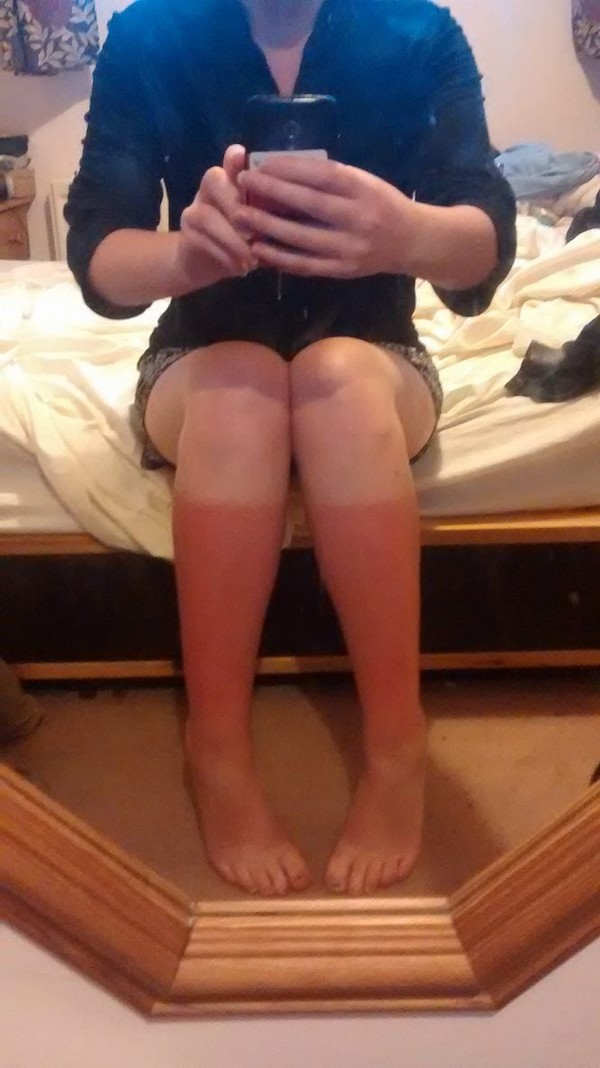

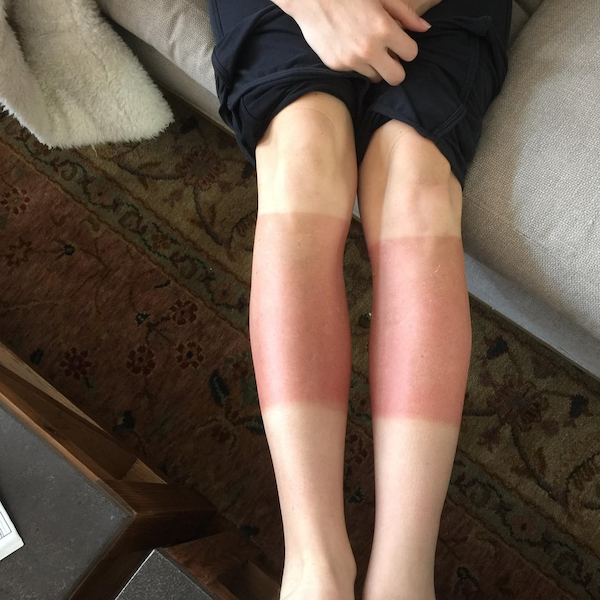
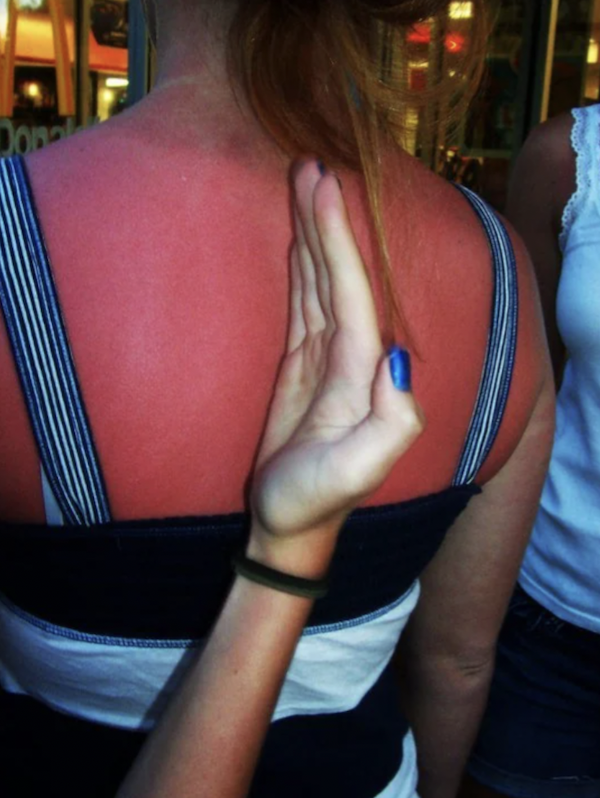
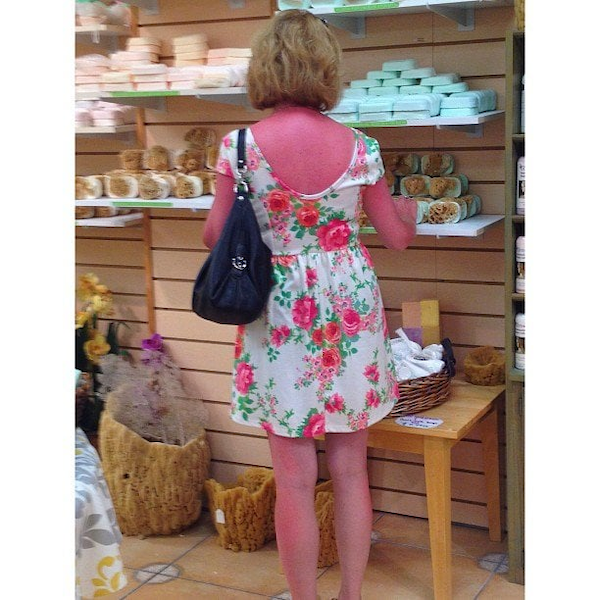
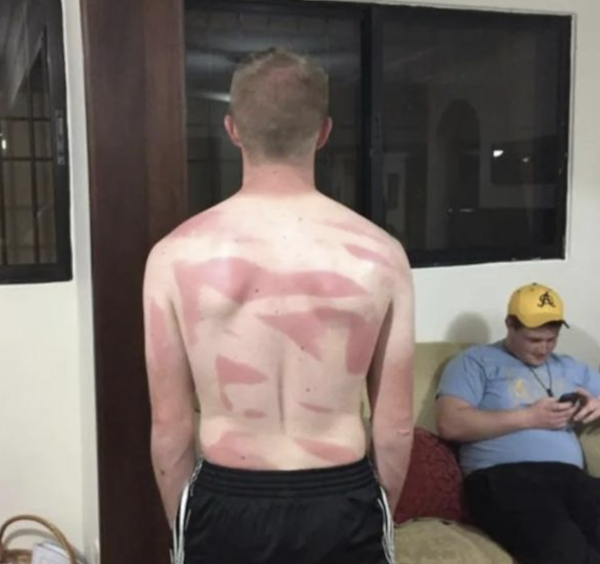
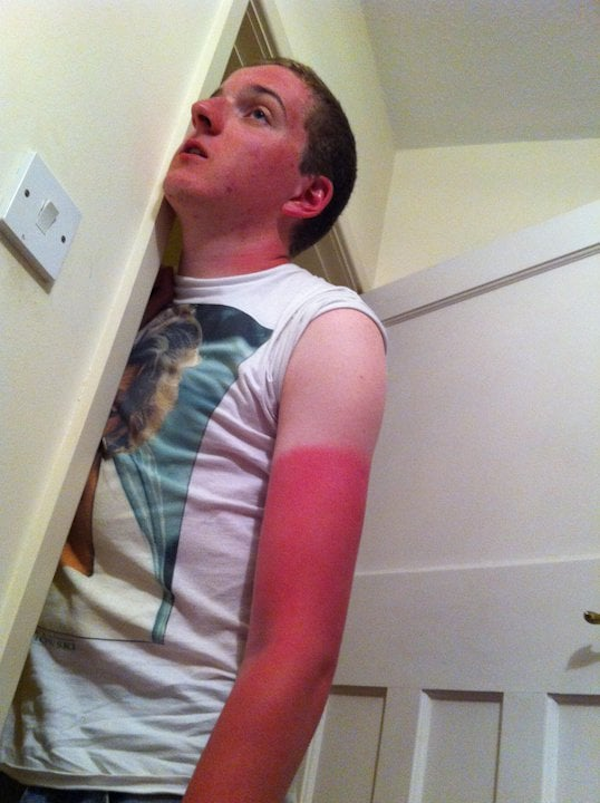
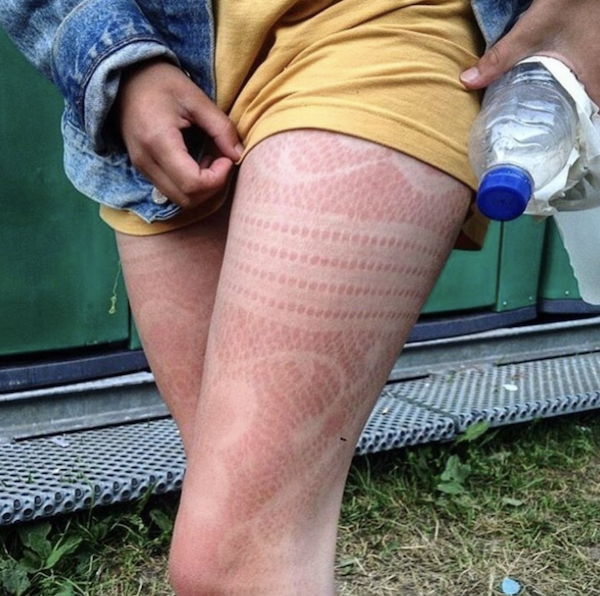
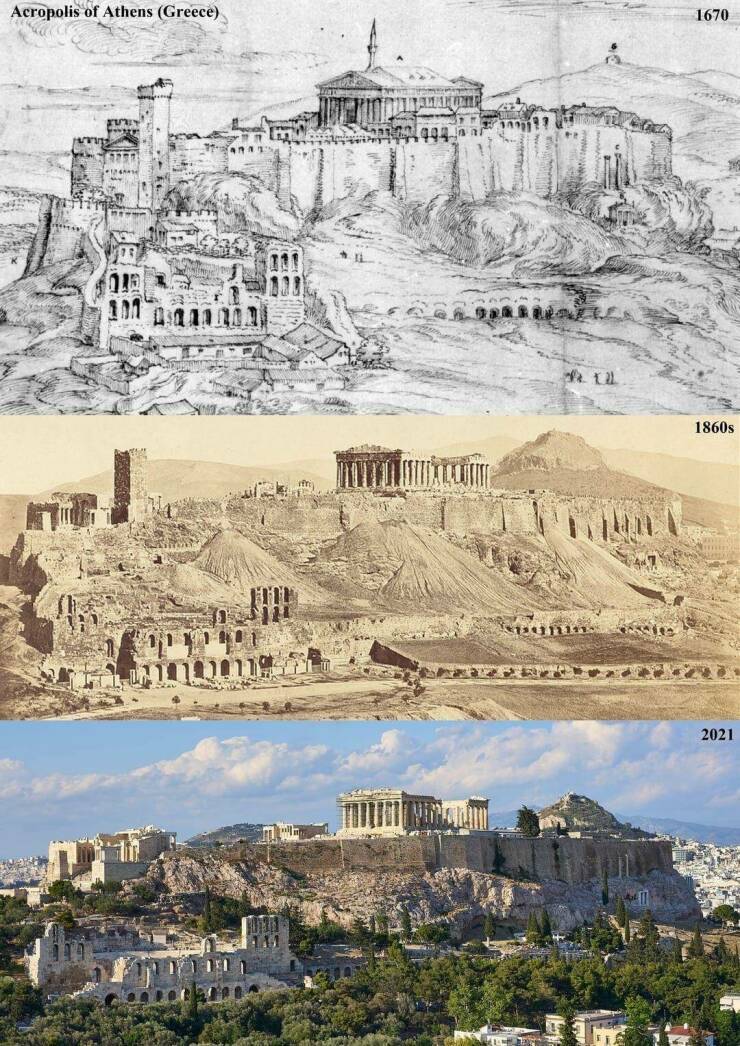
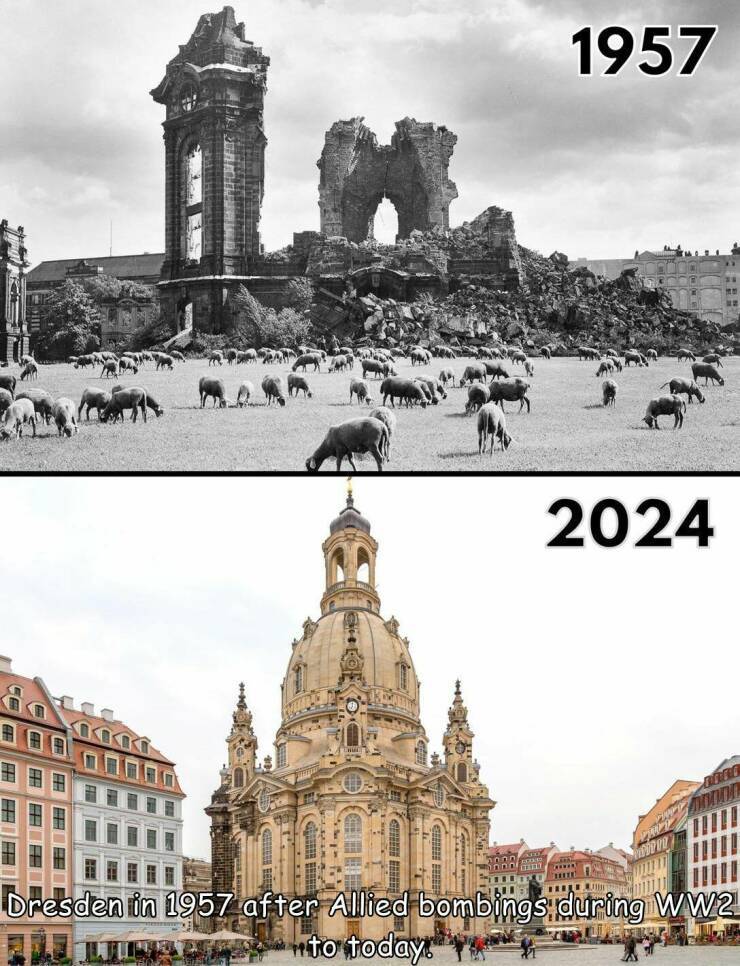
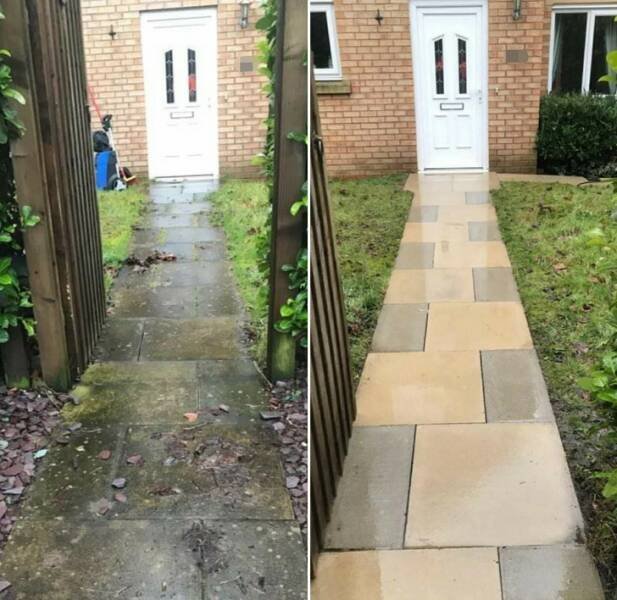

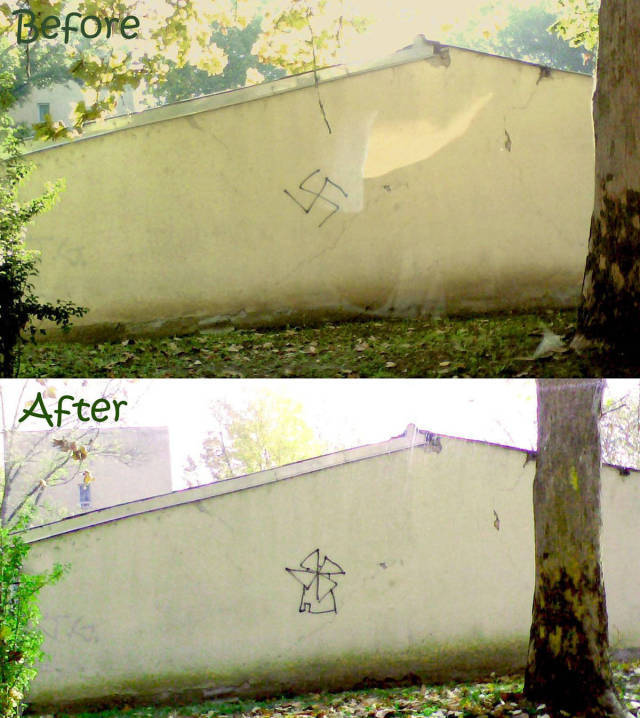
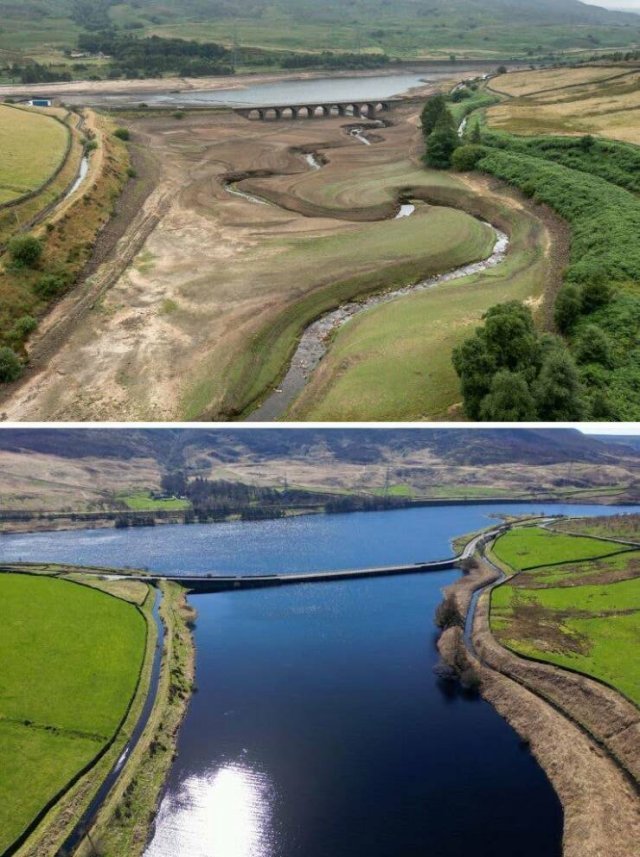

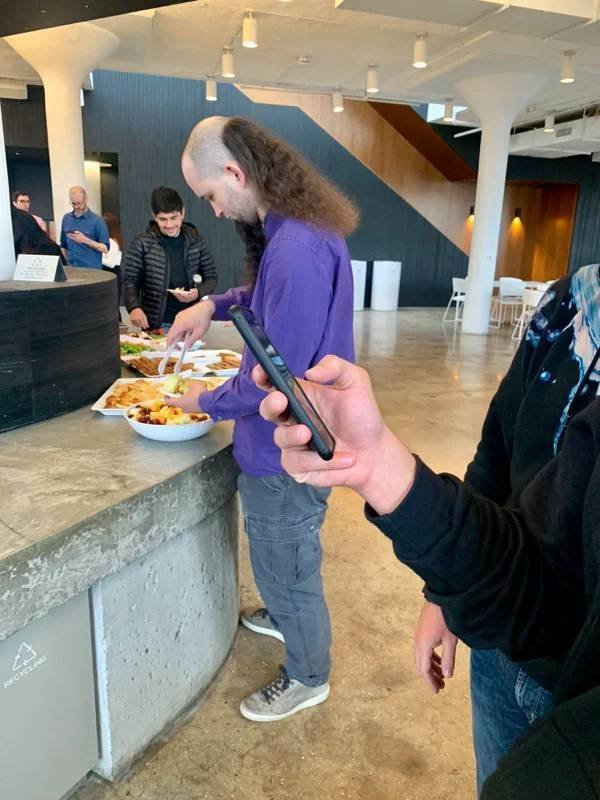
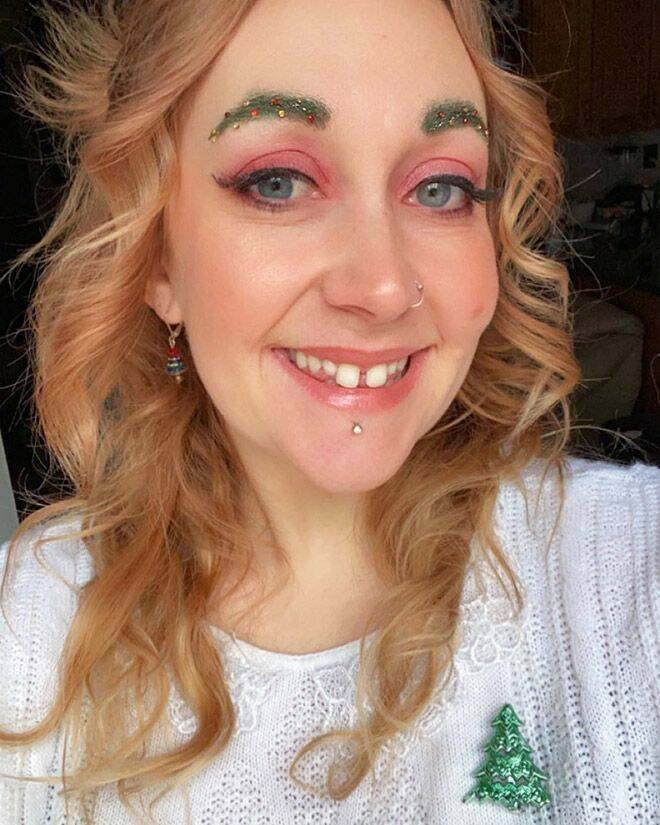
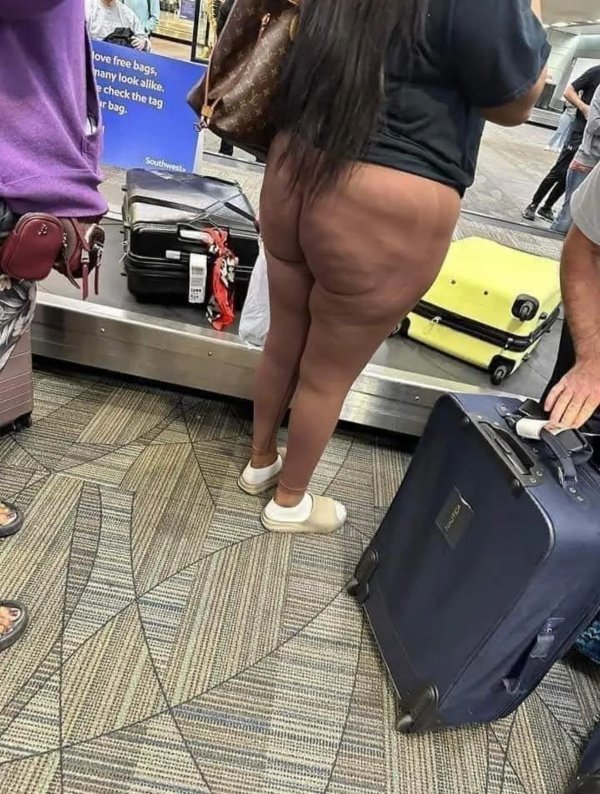
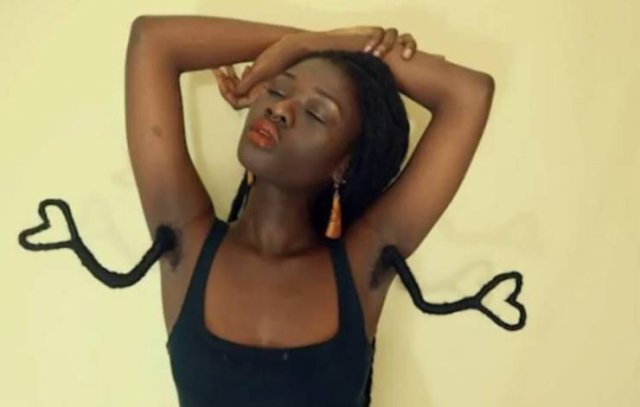
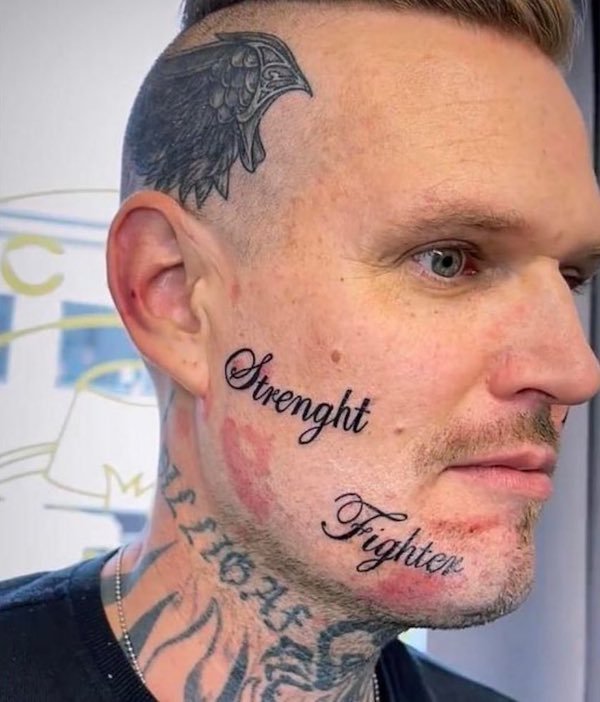

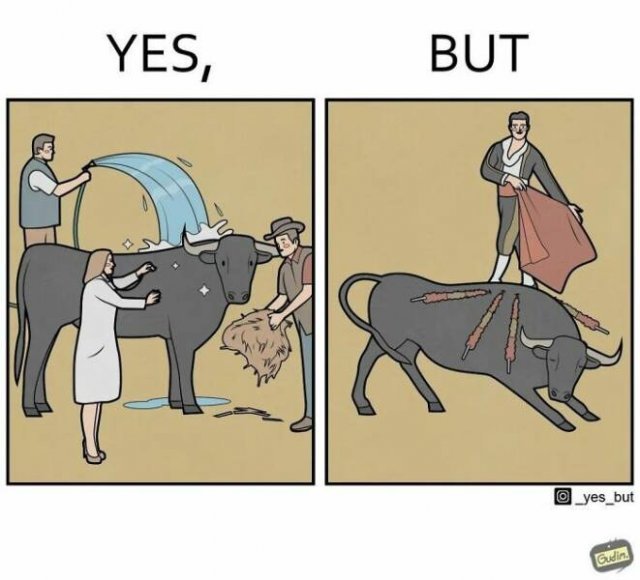
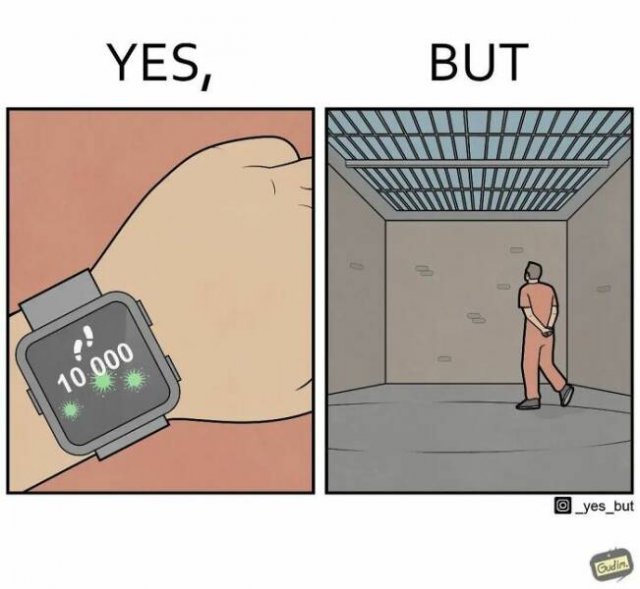
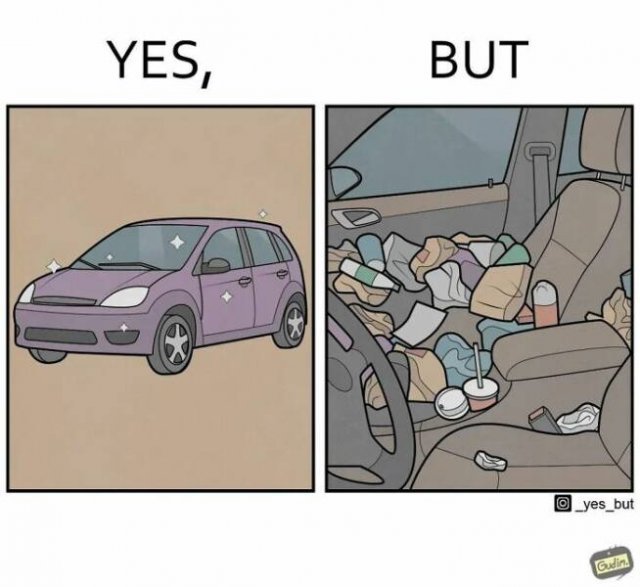
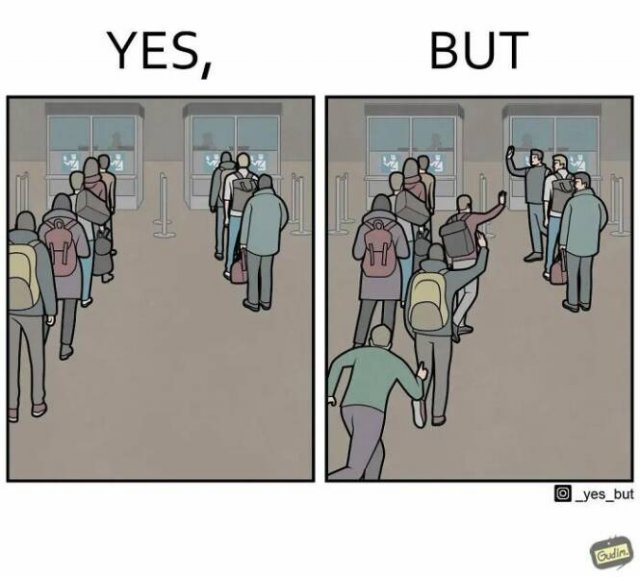
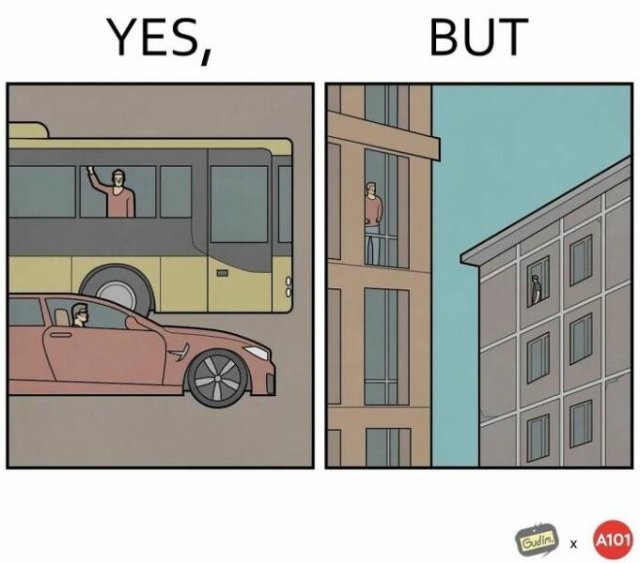
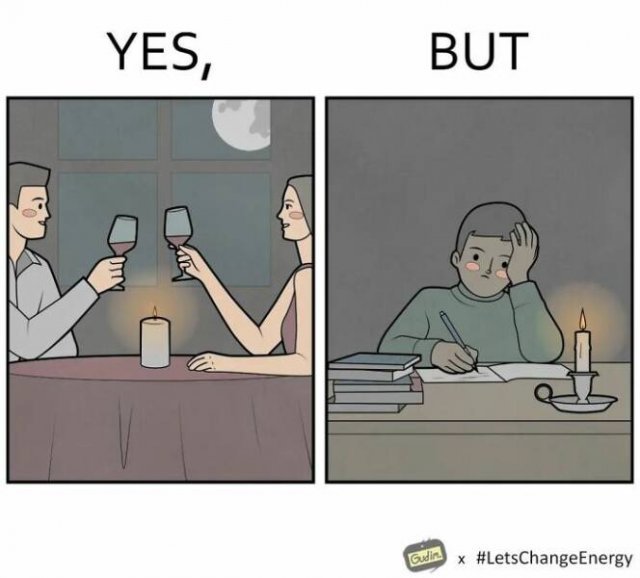
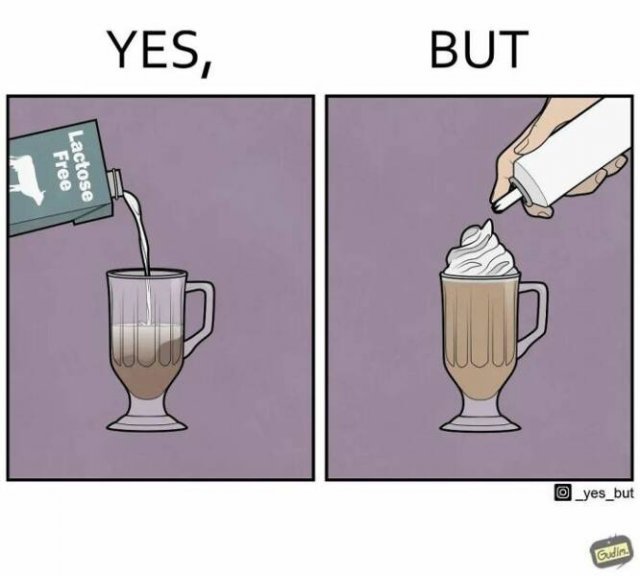
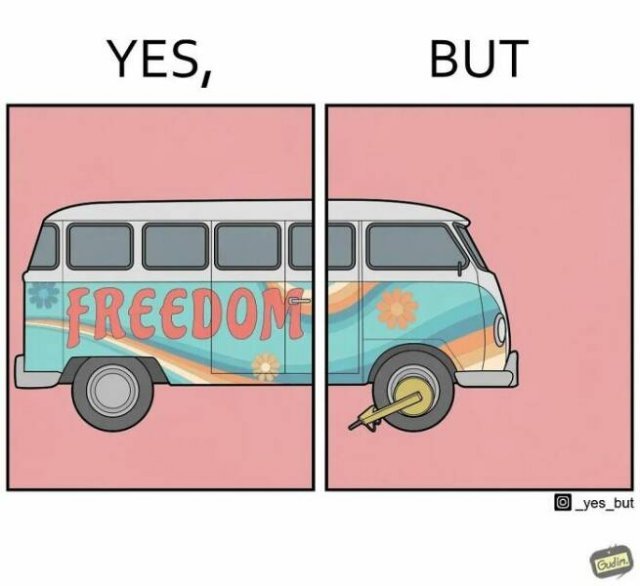
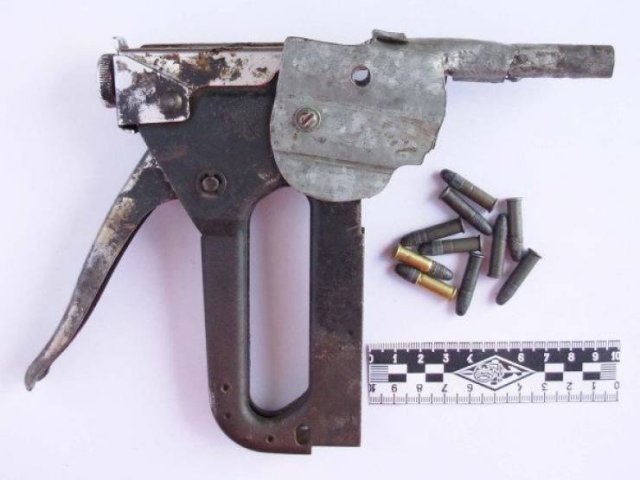


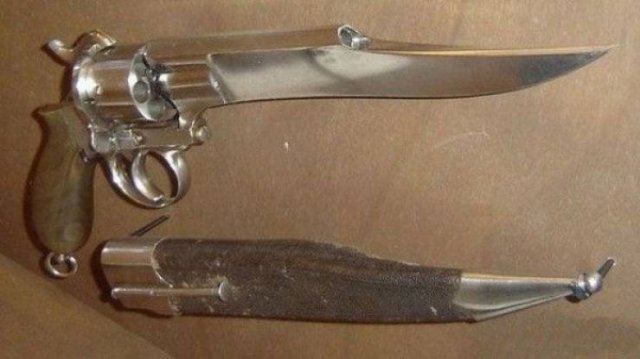
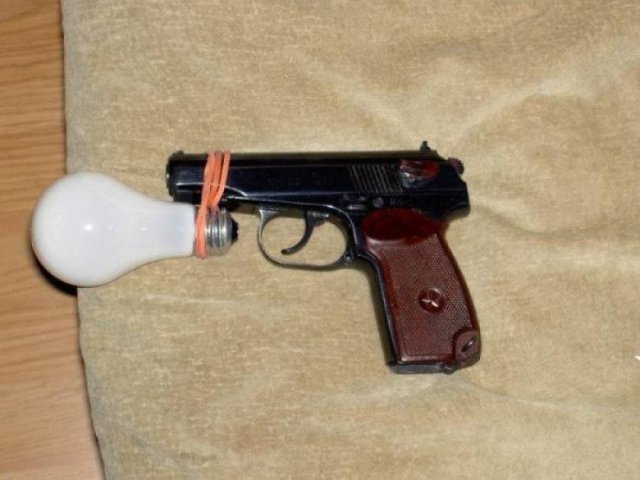
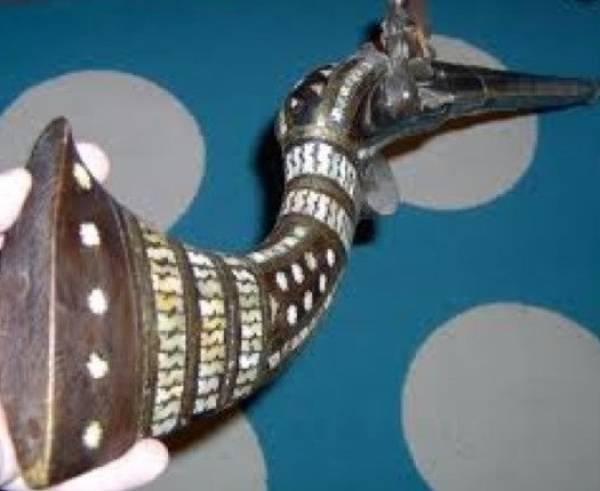


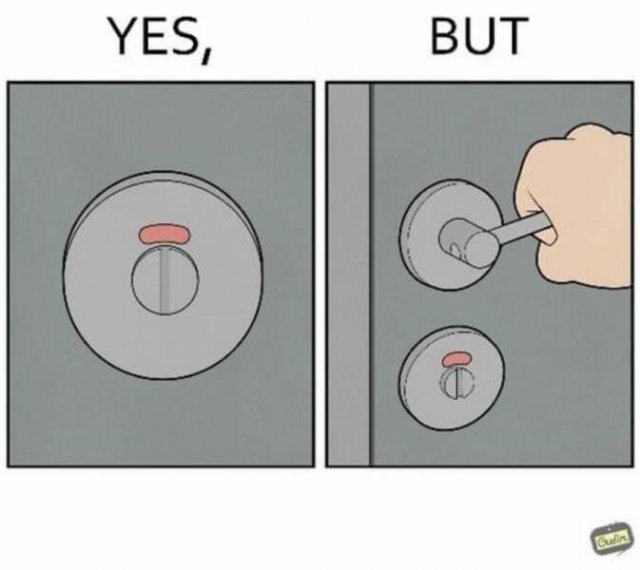
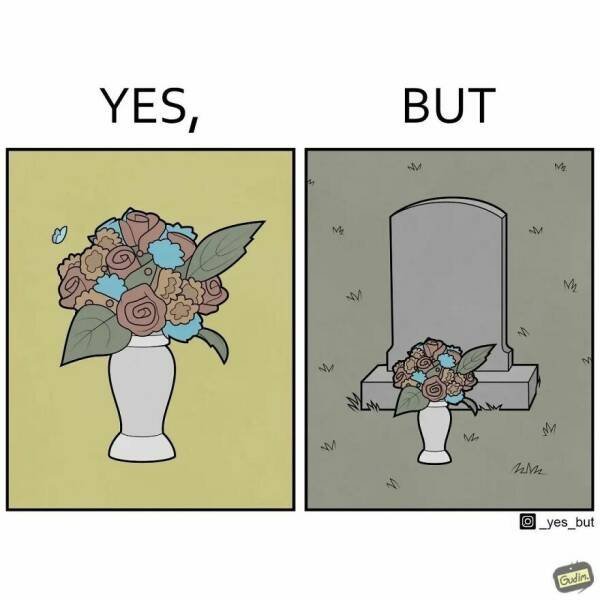
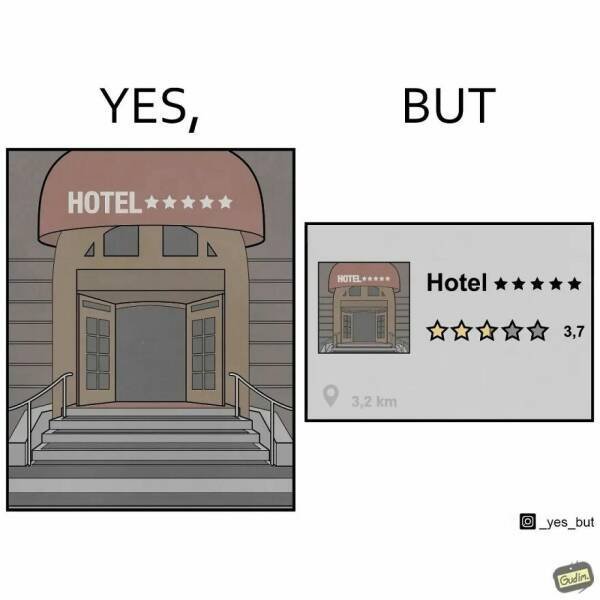
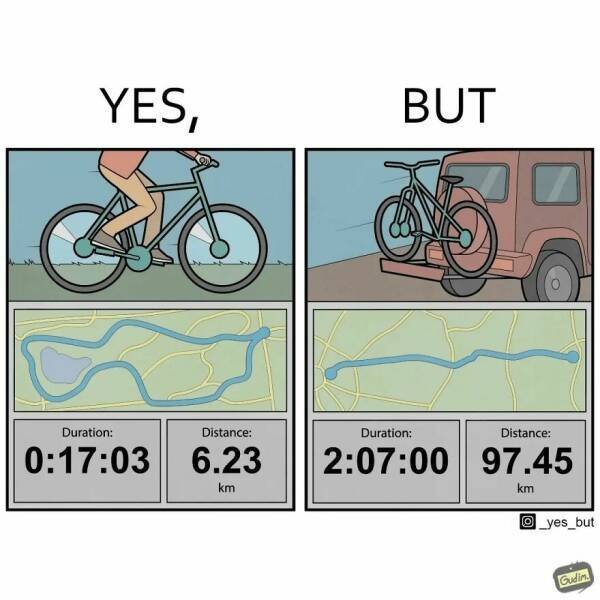
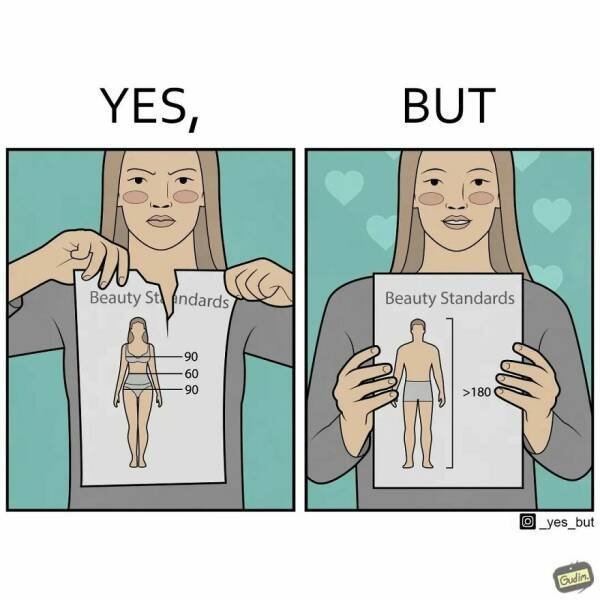
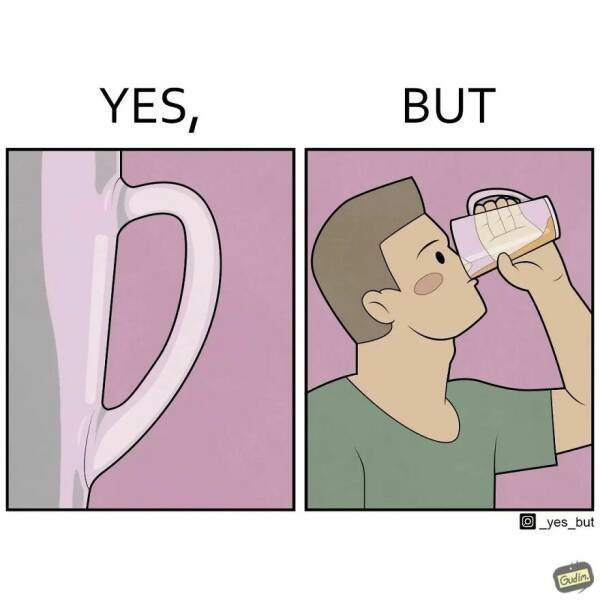
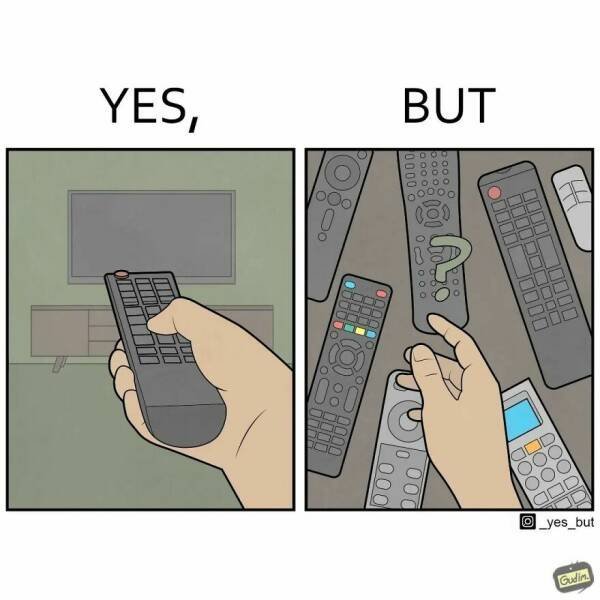
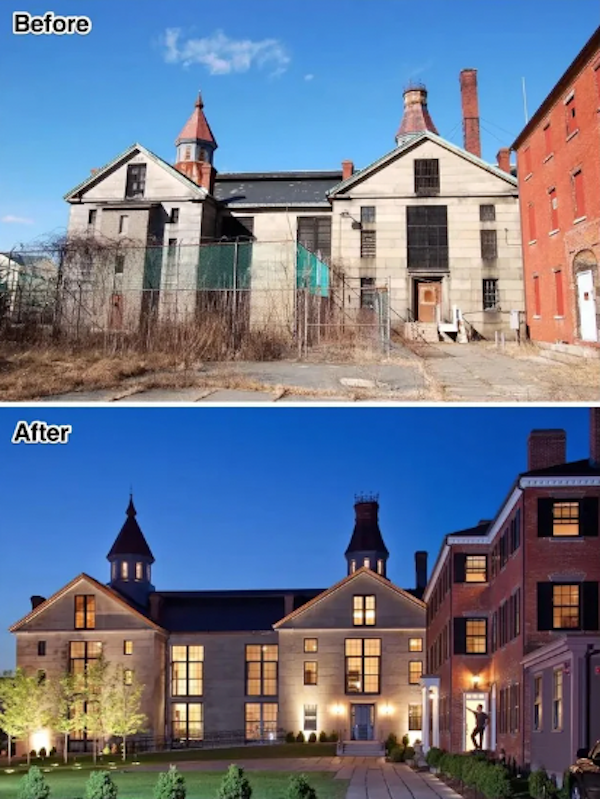
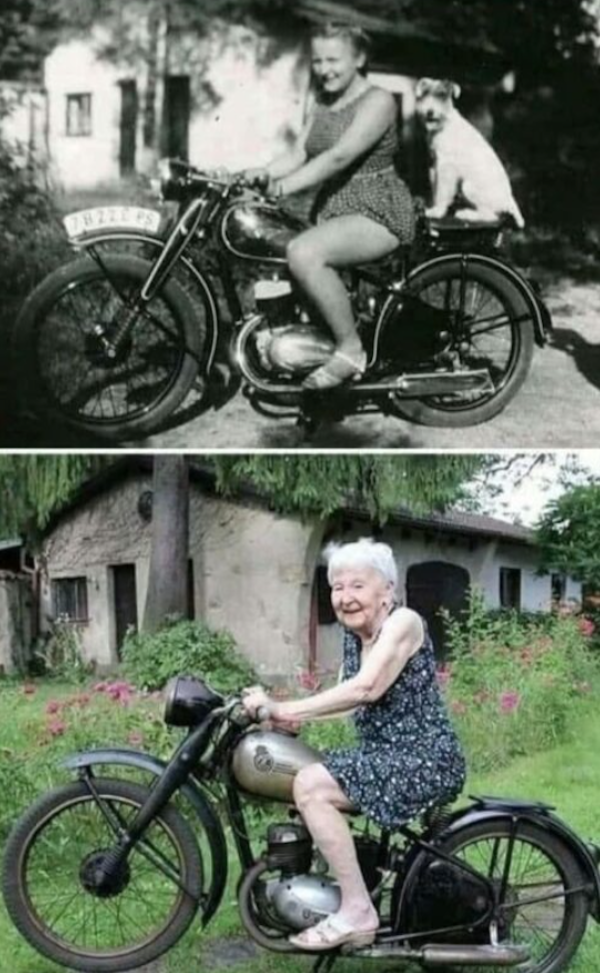
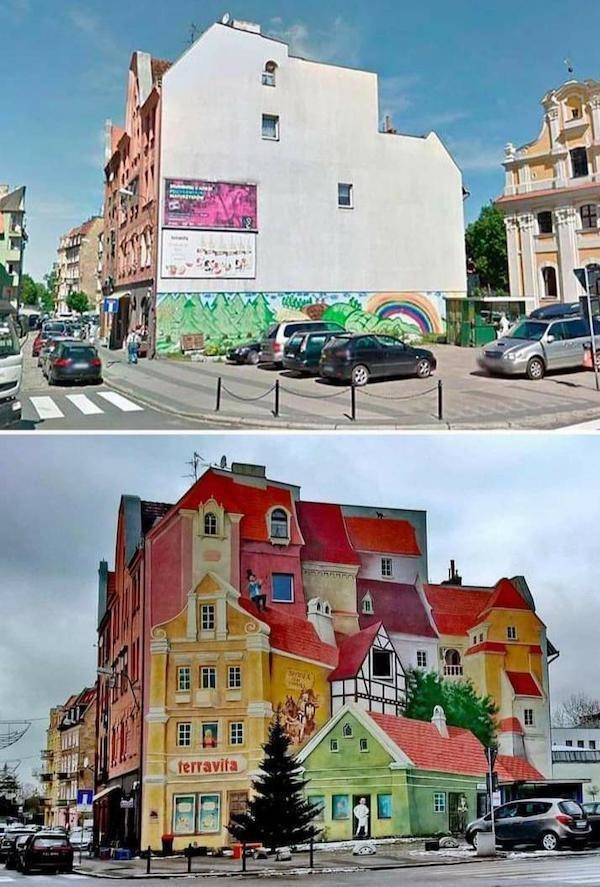

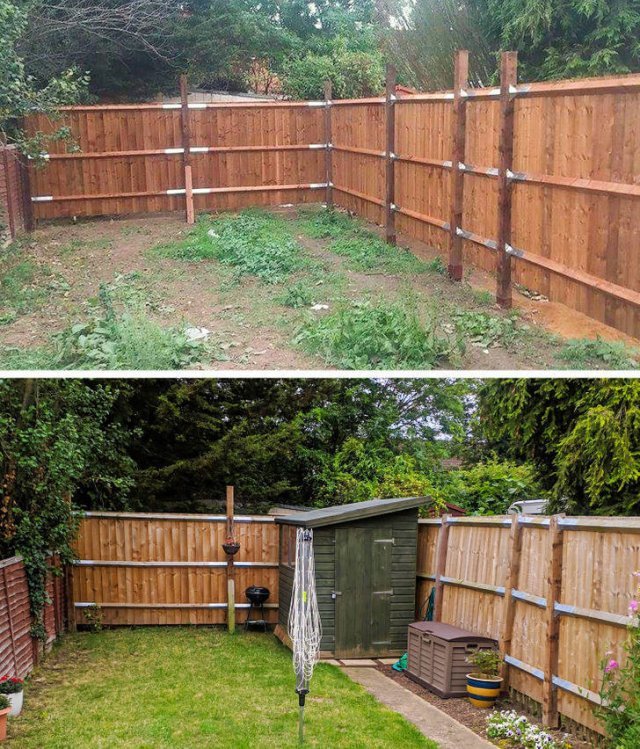
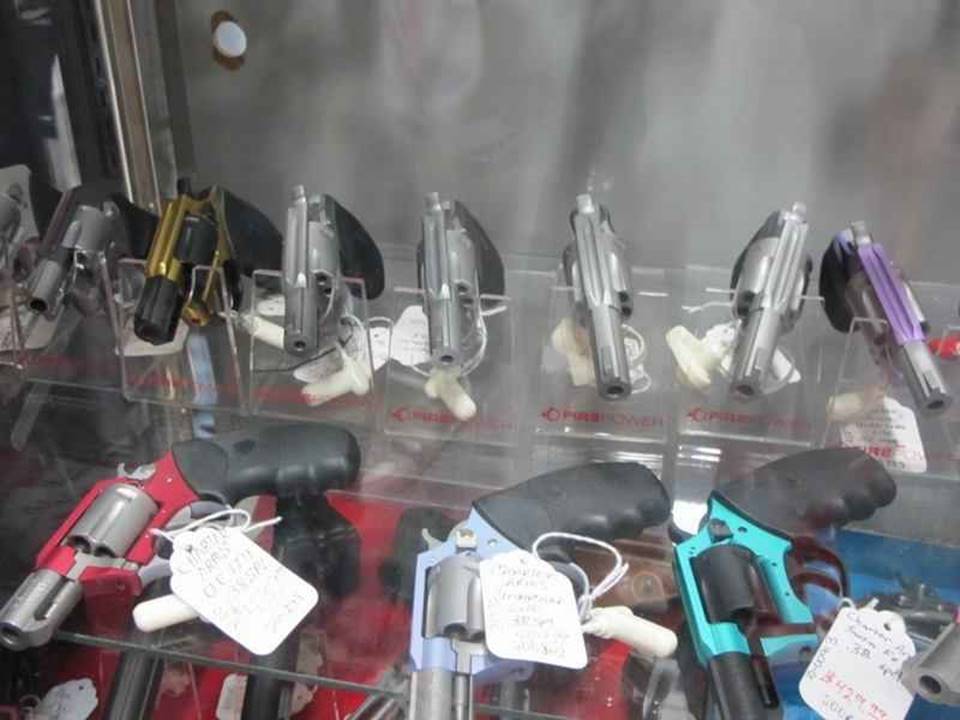










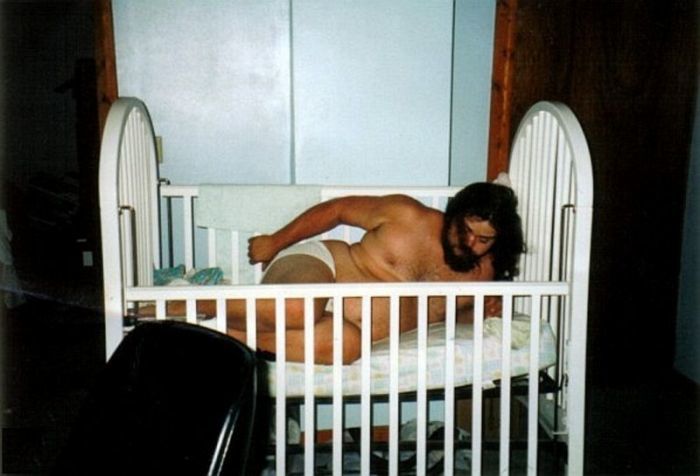
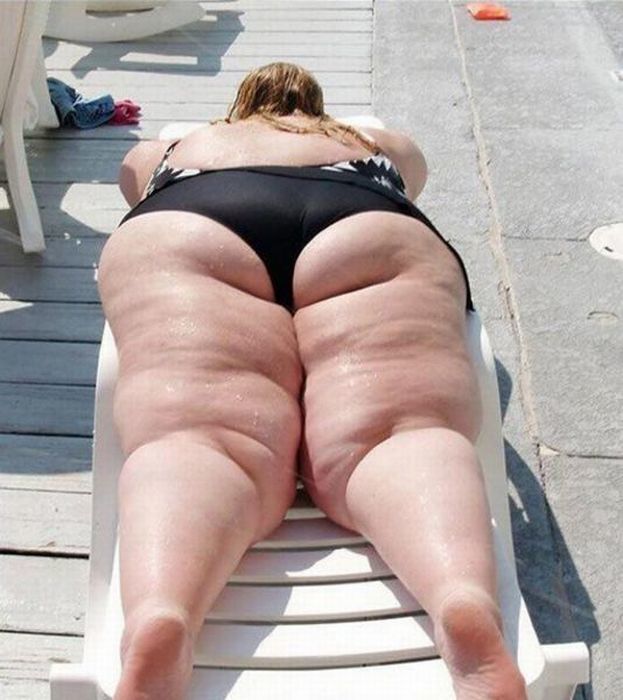
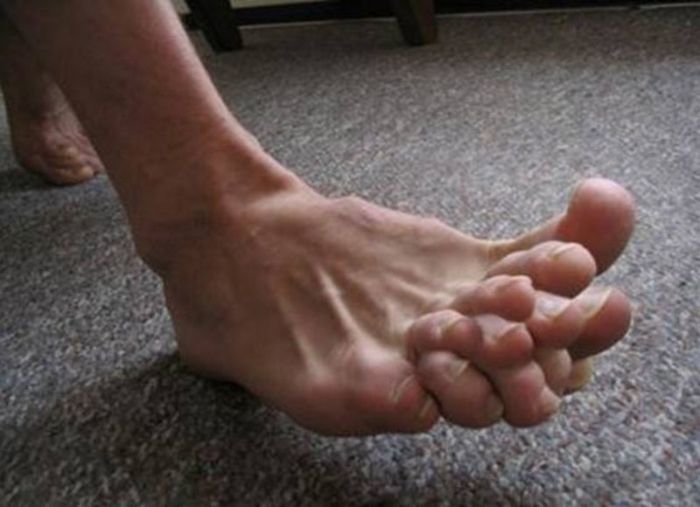

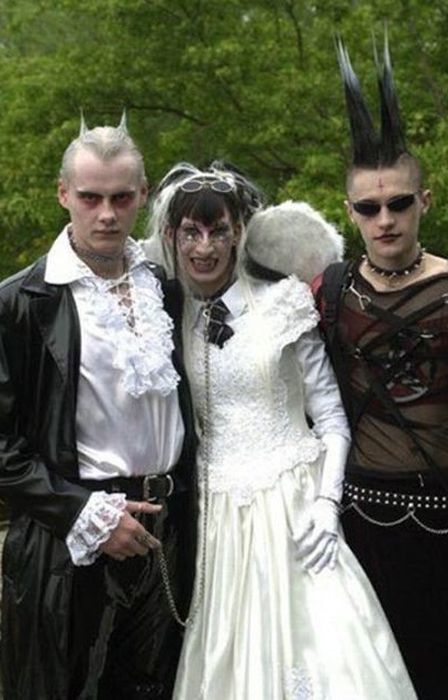

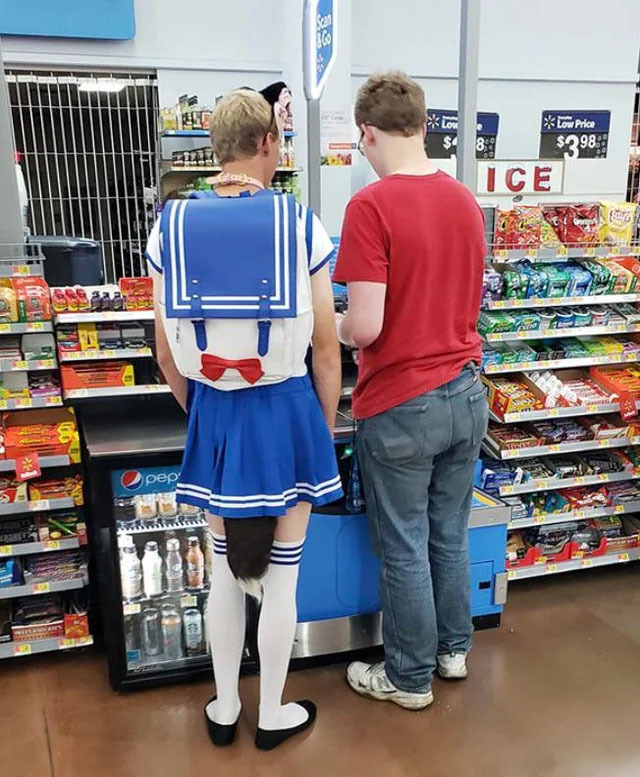






» INTRO TO WORD SMARTS
» PINTEREST ICONIC COMIX
» HISTORY FACTS * Gold wasn't always the top Olympic medal *
» Word Genius Word of the day * occlude *
» JULY NATIONAL CELEBRATION DAYS JULY 26 2024
» QUIZ TREAT QUIZ *Which mammal has the most powerful bite? *
» QUIZ TREAT ANSWER PAGE
» NAT GEO * The 2024 Olympics will likely be the hottest ever *
» NAT GEO * Sharks found with cocaine in their systems *
» WISE TRIVIA QUIZ *What was the first song ever played on the radio? *
» WISE TRIVIA ANSWER PAGE
» E.S.Etaski * Sister Seekers Book 10 now available everywhere! *
» WORD DAILY Word of the Day: * literatim *
» JULY NATIONAL CELEBRATION DAYS JULY 25 2024